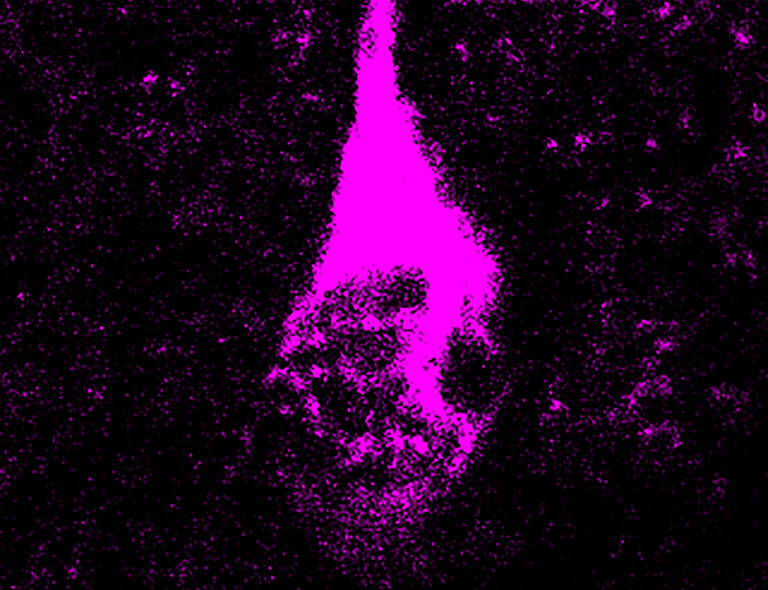Modern Humans Generate More Brain Neurons Than Neandertals
Due to the change of a single amino acid, brain evolution has proceeded differently

While both Neandertals and modern humans develop brains of similar size, very little is known about whether modern human and Neandertal brains may have differed in terms of their neuron production during development. Researchers from the Max Planck Institute of Molecular Cell Biology and Genetics (MPI-CBG) in Dresden now show that the modern human variant of the protein TKTL1, which differs by only a single amino acid from the Neandertal variant, increases one type of brain progenitor cells, called basal radial glia, in the modern human brain.
Publication: ANNELINE PINSON, et al., Human TKTL1 implies greater neurogenesis in frontal neocortex of modern humans than Neanderthals, SCIENCE (2023). DOI: 10.1126/science.abl6422
Original Story Source: Max Planck Institute for Evolutionary Anthropology

 Alerts Sign-up
Alerts Sign-up